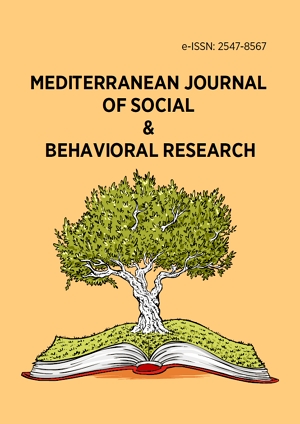Abstract
The natural world and humanity through an interrelated series of appropriations are in critical condition, perhaps even approaching extinction and human beings are increasingly disconnected from the natural environment due to advancement of biotechnologies that engender new forms of existence (Braidotti, 2013). In order to respond to the profound transformation of this era, this inquiry draws on Wilson’s (1984) notion of biophilia, which suggests there is an inherent connection between humans and the natural environment. The intention is to deepen understanding of, relationality through the lens of educational experience or currere (Pinar, 1975) thereby cultivating possibilities for a curriculum of ecological consciousness. This paper focuses on the inter-relationship of humans and nature and argues for a reconceptualization of the ways we live and educate. Through a narration of lived experiences the potential of re-humanizing curricula through encounters of our integrated bodies in nature is evoked.
License
This is an open access article distributed under the Creative Commons Attribution License which permits unrestricted use, distribution, and reproduction in any medium, provided the original work is properly cited.
Article Type: Research Article
MEDITERR J SOC BEH RES, Volume 2, Issue 2-3, December 2018, 23-26
https://doi.org/10.30935/mjosbr/8384
Publication date: 11 Nov 2018
Article Views: 2359
Article Downloads: 1475
Open Access References How to cite this article
 Full Text (PDF)
Full Text (PDF)